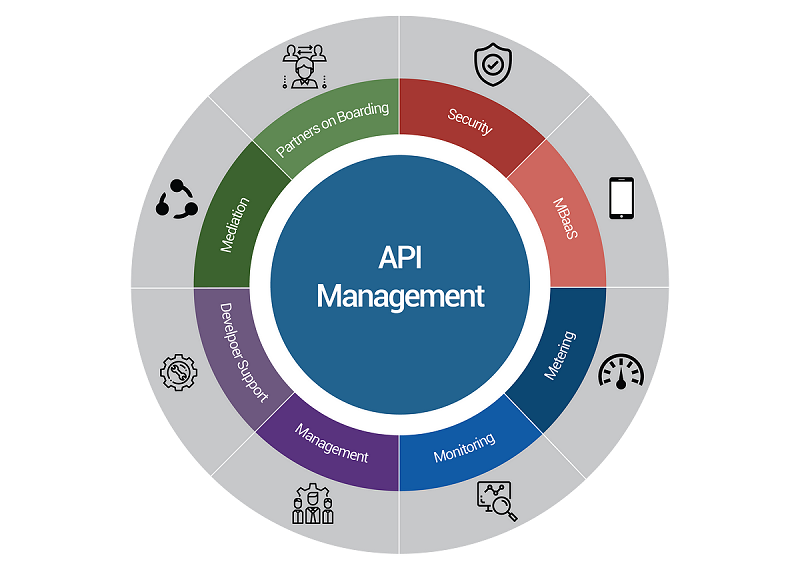The evolution of any critical infrastructure software market is defined by a set of powerful trends that reflect new architectural patterns and emerging business needs. The world of API connectivity is no exception, with several pivotal API Management Market Trends currently shaping its future. These key developments are a primary reason the market is set for such explosive growth, with forecasts indicating it will reach a valuation of over USD 24 billion by 2032, supported by a powerful 21.40% annual growth rate. These trends point towards a future where API management is more automated, more intelligent, and more deeply woven into the fabric of the software development lifecycle, moving beyond a simple gateway to a comprehensive connectivity platform.
One of the most significant trends is the shift towards a "full lifecycle" approach to API management. Early solutions were primarily focused on the runtime aspect—securing and managing the API once it was deployed. The current trend is to provide a single platform that covers the entire lifecycle, from the very beginning. This includes tools for collaborative API design and specification (using standards like OpenAPI). It includes automated testing and governance features that are integrated into the CI/CD pipeline. And it includes advanced analytics and lifecycle management features for versioning and retiring APIs. This holistic, "design-build-run-manage" approach is becoming the new standard for enterprise API platforms.
Another powerful trend is the move beyond managing just traditional REST APIs and towards supporting a wider variety of protocols and architectural styles. The trend is towards "universal API management." This includes first-class support for newer protocols like GraphQL, which is popular for mobile applications, and event-driven architectures using technologies like Kafka and WebSockets. The platform needs to be able to apply consistent security and governance policies across all of these different types of interfaces. This ability to manage a diverse and heterogeneous API landscape is a key requirement for modern enterprises and a major area of innovation for the vendors.
A third key trend is the infusion of Artificial Intelligence (AI) and Machine Learning (ML) into API management platforms. AI is being used to make API management smarter and more automated. This includes using machine learning to automatically detect anomalies in API traffic that could indicate a security attack or a performance issue. It involves using AI to analyze API usage patterns and provide recommendations for optimizing performance or identifying new business opportunities. AI can also be used to automatically generate API documentation or to provide intelligent recommendations to developers in the developer portal. This AIOps for APIs trend is making the platforms more proactive and intelligent.
Explore our Global Report in Regional Languages:






